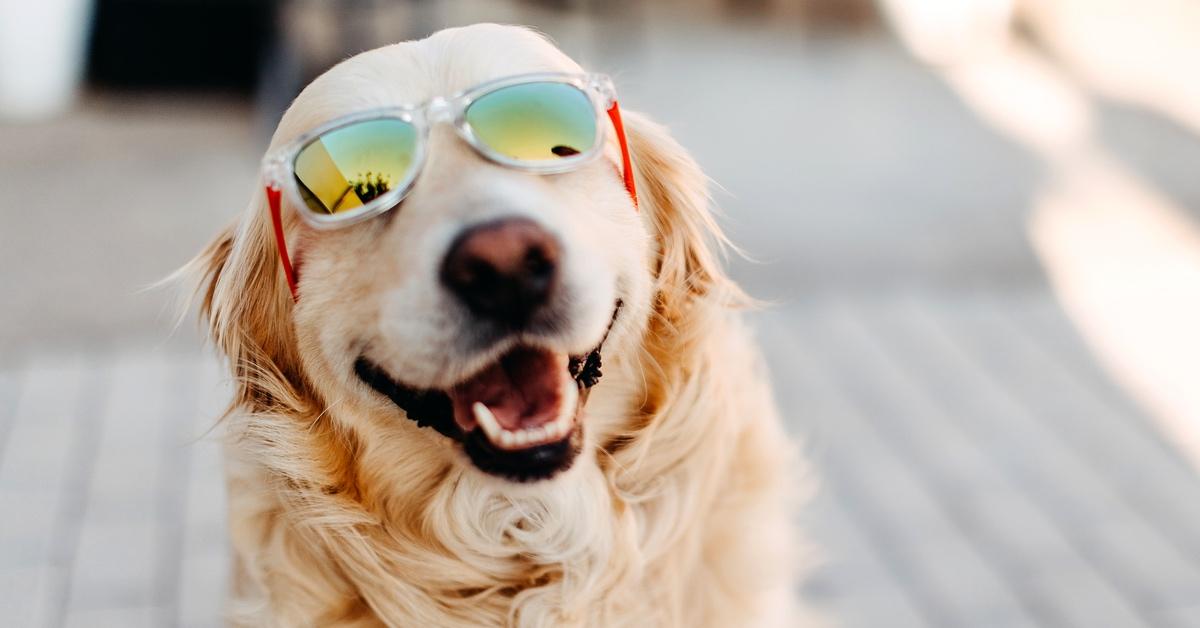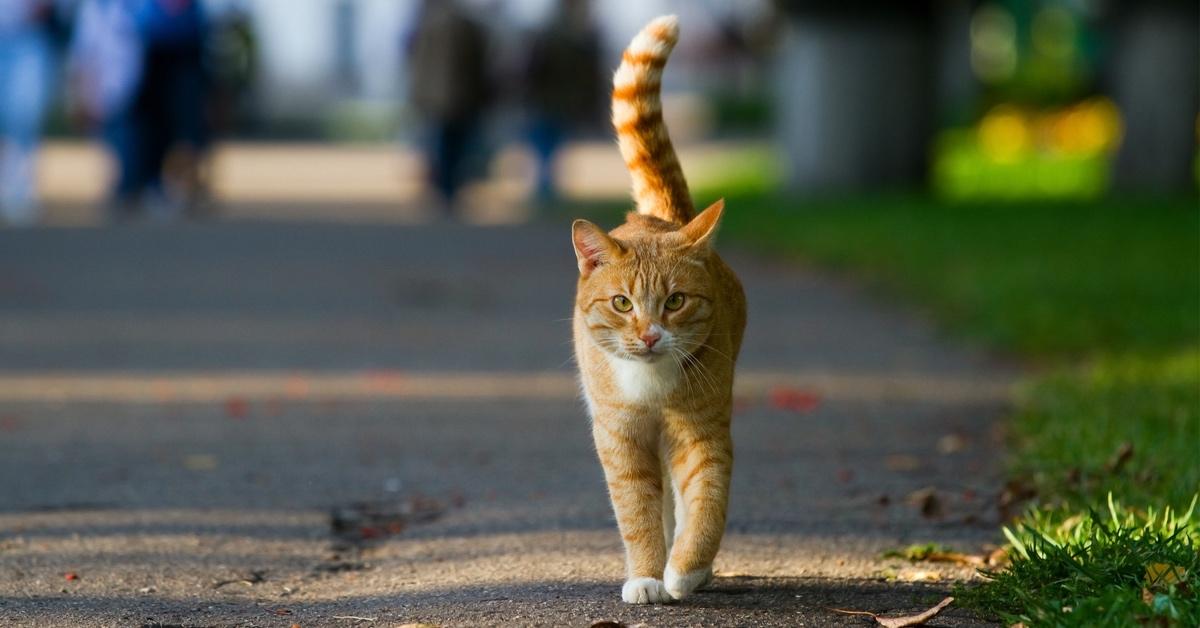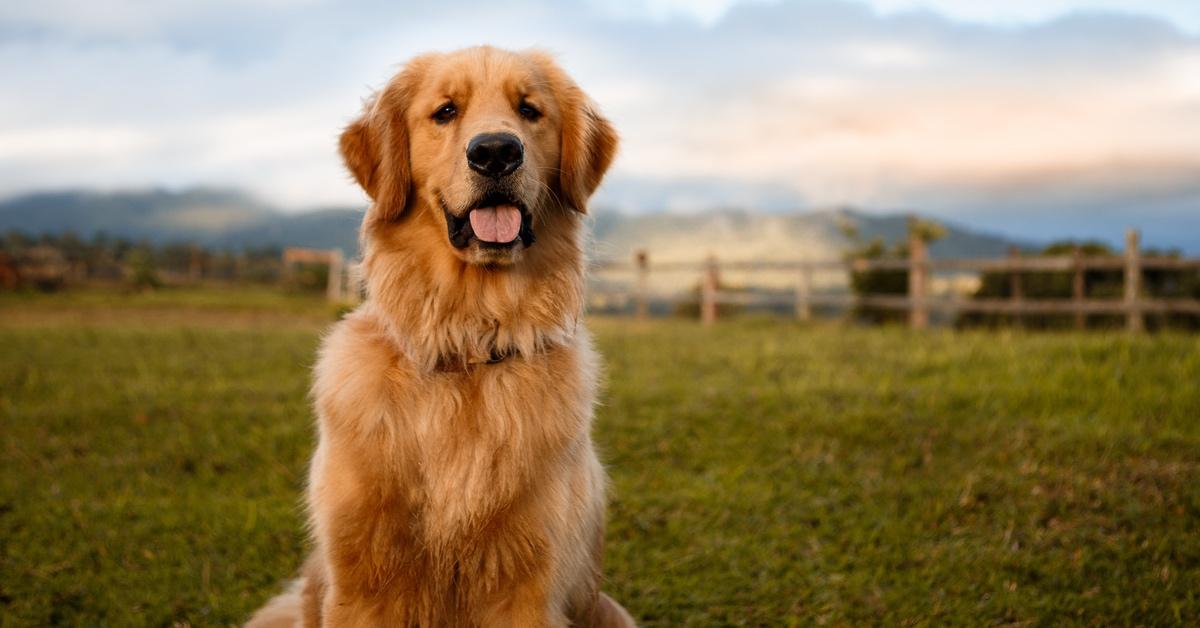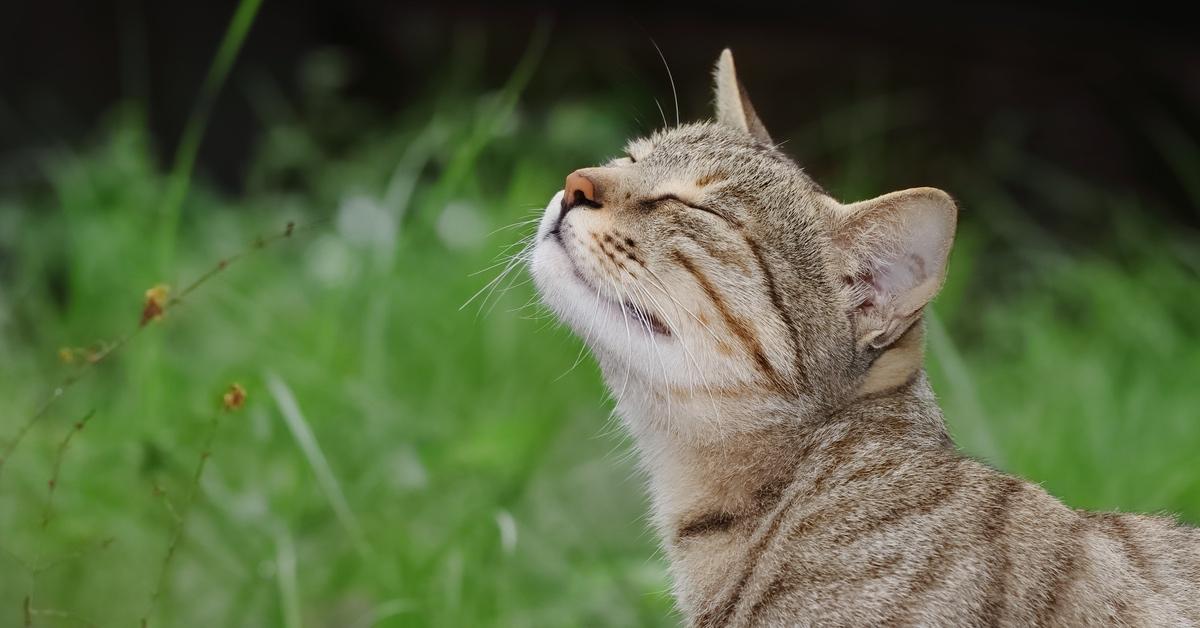“Dogs, cats, birds, etc. do not normally stare at the sun; they heed their natural reflexes not to look,” says Ohio State University’s College of Veterinary Medicine.

If you’re excited about natural events such as a solar eclipse, you might also feel concerned about your pet’s reaction. Humans must wear specialized glasses or put lenses over their cameras to witness an extraordinary event, but what happens to pets during this time? Do you have to purchase glasses for your dog or cat as well?
Article continues below advertisement
Thankfully, the solution is simple. Keep reading for what you should know about what to do with your pets during a solar eclipse and how they might react to such an event.

Article continues below advertisement
Here’s what to do with your pets during a solar eclipse.
The possibility of your pet looking directly at the sun is minimal. Dr. Jerry Klein, chief veterinary officer for the American Kennel Club (AKC), said in 2017 that animals don’t look up at the sun voluntarily. “They know enough not to,” he said at the time.
The Ohio State University College of Veterinary Medicine also reaffirms that animals’ instincts make them unlikely to look at the sun.
In an interview with Forbes in 2024, Dr. Klein added, “[Pets] aren’t likely to be harmed by looking up at it because dogs normally do not look directly into the sun, especially for a prolonged period—unless forced to by their owner.”
Forbes also says you should not purchase eclipse glasses for your furry friend, and obviously, do not force your pet to look at the solar eclipse.
Article continues below advertisement

Does the solar eclipse affect dogs and cats?
There is a chance that human emotions running high with the excitement about the eclipse could cause your family pet to become anxious. As such, you might want to consider keeping your pet inside, especially if you have many people over to view the eclipse, but it is unnecessary.
Article continues below advertisement
Erica Cartmill, a professor of anthropology, animal behavior, and cognitive science at Indiana University, spoke to People about pet behaviors during the solar eclipse.
First, Cartmill points out that as eclipses are rare, “There are not that many reports and not that many scientific studies of animal behavior during eclipses.”

Article continues below advertisement
Because a solar eclipse can make the sky seem darker than it usually is during the day, pet parents will most likely see behaviors that mimic “bedtime behaviors” from dogs or cats.
“The most likely response is animals starting their evening routines and showing evening behaviors. If you have a dog or a cat, they might go to bed, get quieter, or start yawning and stretching,” Cartmill said.
Most significantly, however, Cartmill said animals that are bothered by thunderstorms, fireworks, or other unusual events might exhibit anxious behaviors, and pet parents should comfort them accordingly.
Article continues below advertisement

News outlet KKTV also suggests that wild animals that are typically nocturnal might awaken or wander around, so it’s best to watch dogs, cats, horses, or other creatures that spend time outdoors.
If you have questions about your pet’s behavior, you can always ask your veterinarian for guidance.



